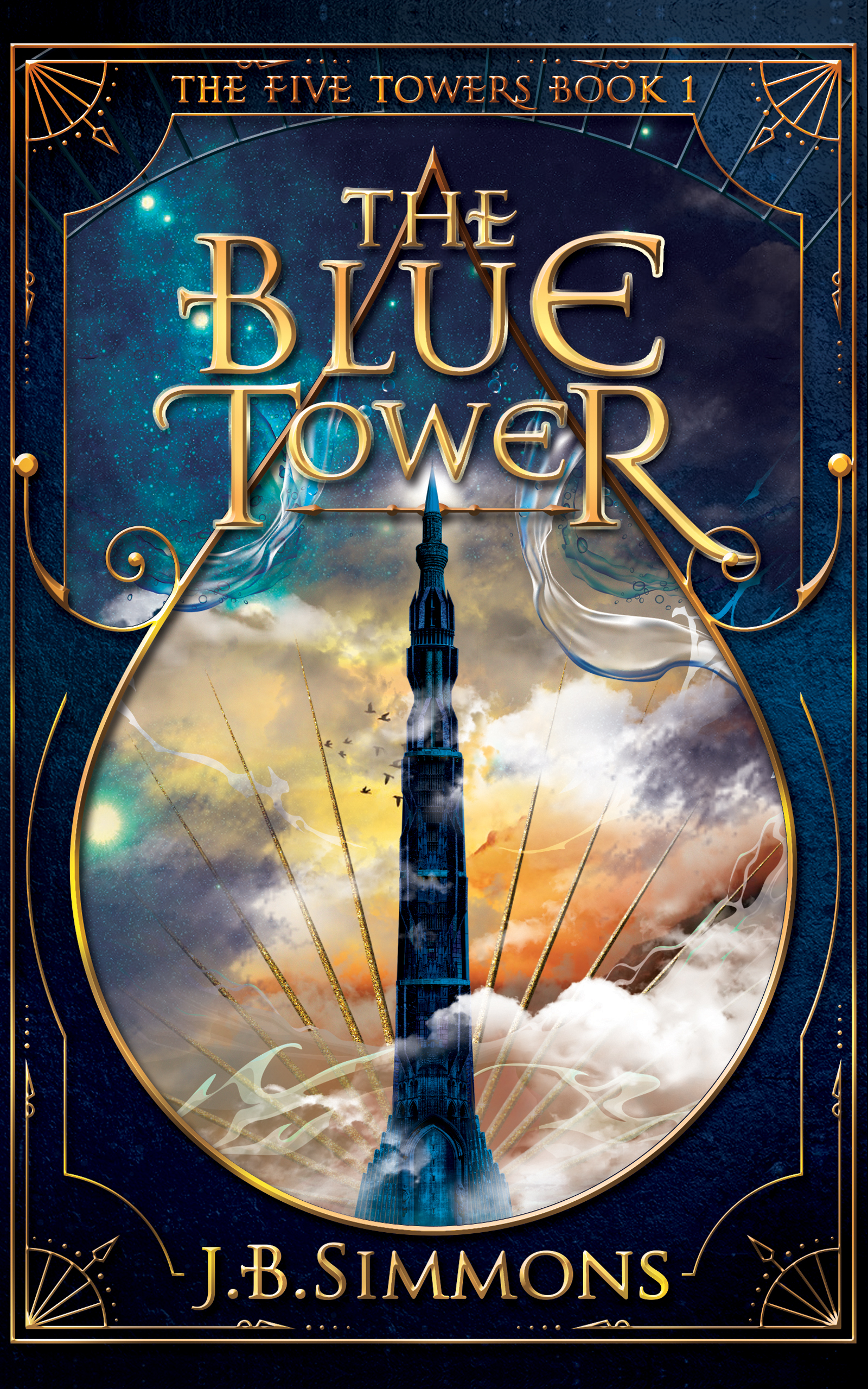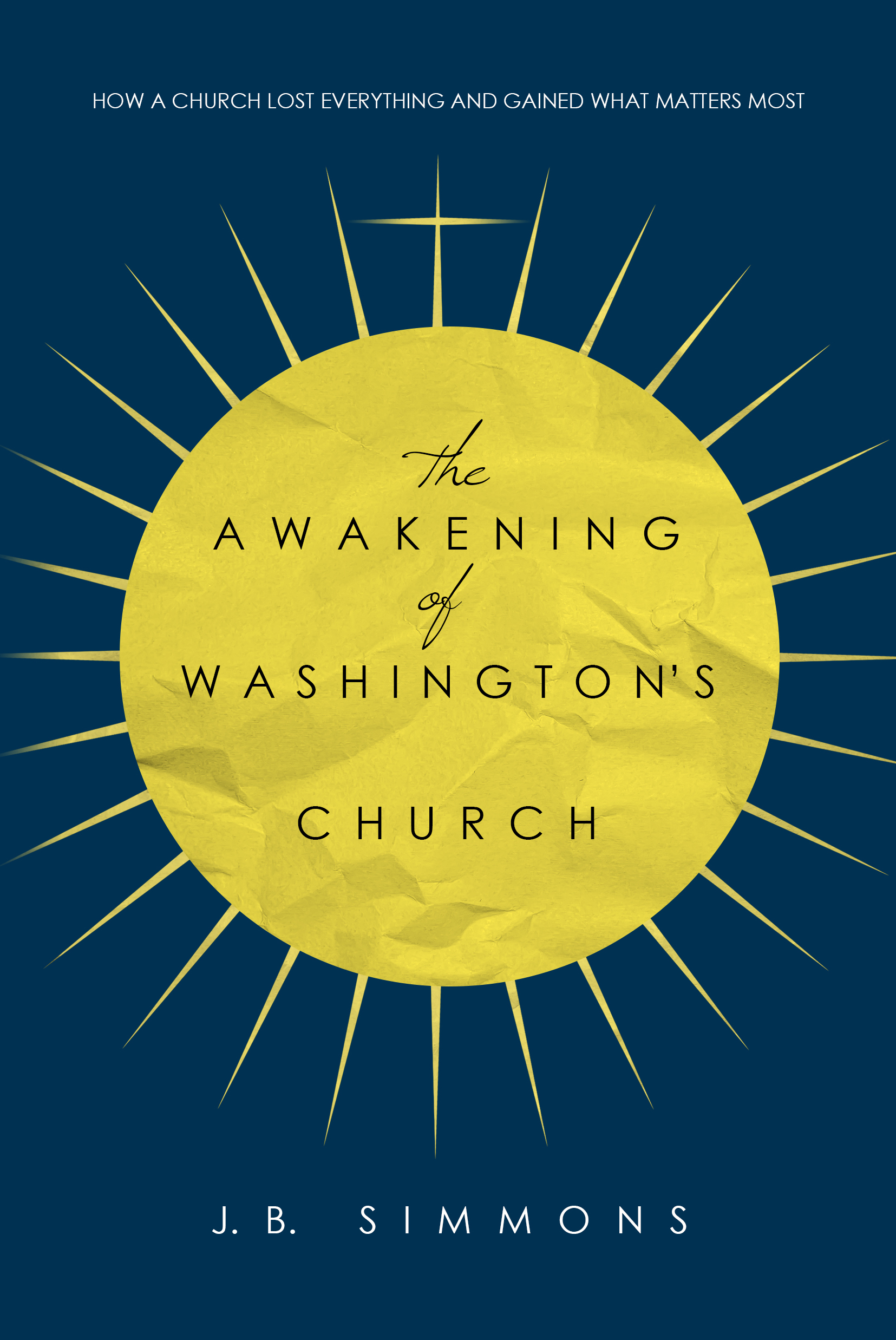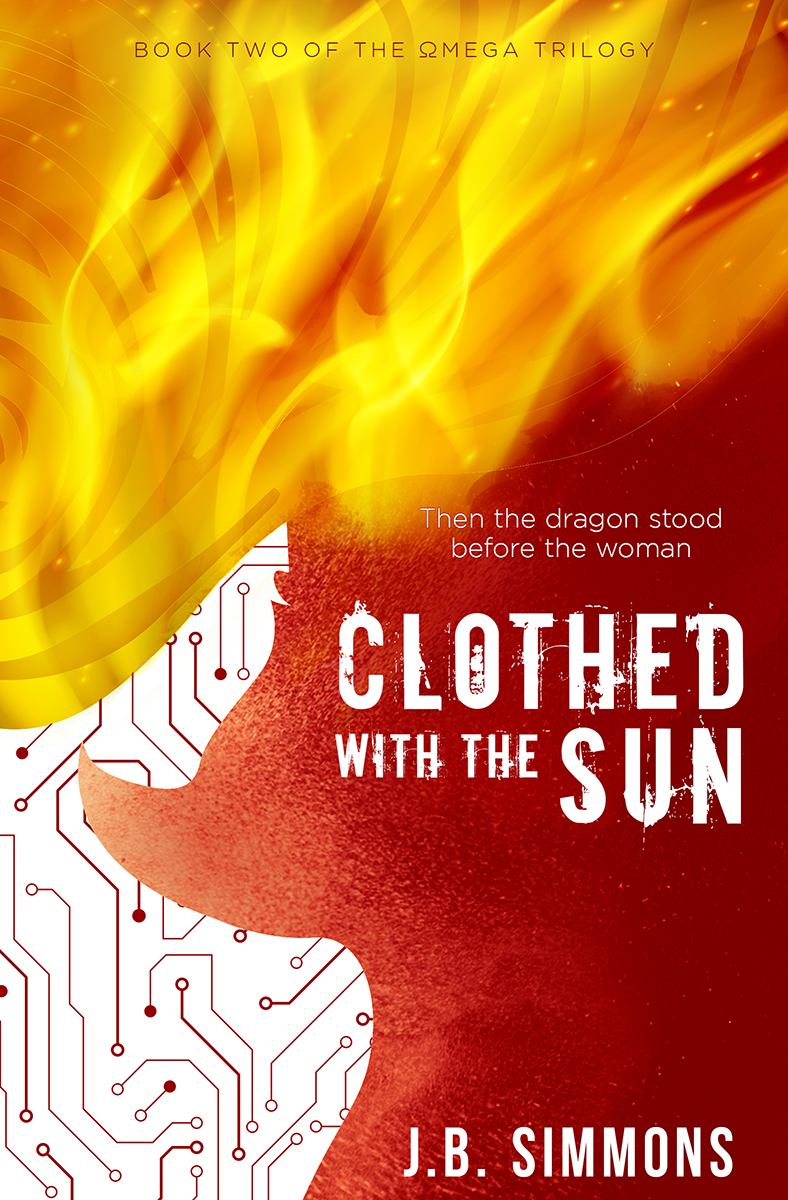A Successful Book Launch: Fuel To Reach The Stars
/Let's assume you built a rocket. A glorious fly-to-the-moon kind of rocket. Assume, too, that you want to chart your rocket's path and would rather let the world see it now than grind through the bureaucracy of NASA.
What's next? You fill up the gas, fire up the engine, and five, four, three, two, one...blast off! If only it were that simple to reach the stars.
I have three launches under my belt in the past year (books, not rockets). My latest launch, Unbound a month ago, was my best yet. I've seen what works. And what doesn't. This blog shares what I've learned so far.
The State of Play
A book launch remains one of the largest gaps between indie and traditional publishing. The major publishers have connections that help authors blitz the market, whether through big-name blurbs, mainstream media appearances, or old-school book tours. But, as with the rest of the industry, the gap is narrowing.
Indie authors can arrange their own promotions. They build mailing lists of loyal readers. They team up for blog tours and Facebook parties. Through these efforts, indie authors can generate the same kind of initial sales spike as the big publishers (at least for ebooks). Then all books become subject to the dominion of Amazon rankings and, ultimately, to the readers.
The bottom line is: every book needs buzz.
Major publishers may have more launch fuel, but the chemistry is the same. Here's how artisanal publishers can replicate it.
The Formula for Book Launch Fuel
Before you fuel up for launch, one last reminder to check your rocket (your book). It doesn't matter how good your fuel is, or how much you have, if your rocket is made of aluminum foil, it's going to crash.
But your rocket is destined for the stars. That's why we're talking about fuel. First, the steps before launch day.
1. Ready the reviews. A reader’s first visit to your book’s page is key. This is why, like major publishers, you should give out Advanced Reader Copies (ARCs) in exchange for honest reviews well before publication. BUT, you might say, reviews can’t be posted until the day the book is published. So how could you have dozens of the reviews ready on launch day? Tim Grahl has the answer here.
2. Stabilize the launch pad (the Amazon page). Amazon recently opened pre-order pages for everyone. At the very least, use this to make sure everything looks right, including your genres. You can also use the "editorial reviews" section to post notable blurbs and a compelling "about the author" statement.
3. Go on tour, spread the word. You're probably not appearing on Oprah, but consider the blog universe. It helps to have credible bloggers reviewing your book or interviewing you. It also helps to visit blogs as a guest blogger around the time of launch. To do this, search for blogs with an interest in your genre. Reach out personally to the blog author. Ask if they'd be interested in an ARC, and offer to post an interesting guest blog. Write the blog and post it. Rinse and repeat. (Here's an example of mine: Writing Fiction About Truth: Are There Bones Inside God?)
4. Set up a Goodreads giveaway. This is free marketing that attracts thousands. My giveaway of just 5 books attracted nearly 1,400 entries (link here). Not only might the winners become fans, but the entrants might stay interested in your book. Engage with them, make new friends.
Now you're ready to launch. This is the final countdown.
5. Publish, buy your own first copy. Give yourself a few hours to thumb through the published version before you notify the world. This is like taking a last look at the rocket before you fire up the engine, just to be sure it's actually your final rocket on the launch pad.
6. Announce the launch to your mailing list. This is the most important part of the launch. The bigger your email list, the more fuel you'll have. For excellent advice on mailing lists, read David Gaughran's posts: The Author With The Biggest Mailing List Wins and Building A Killer Email List. Speaking of, you can join mine here.
7. Social media. This should not be your main fuel. This is like the engine that kicks in once your rocket has lifted. In other words, a hundred posts on Facebook and Twitter the day of publication won't help. It'll be annoying. So, instead, use social media to notify the world only a couple times per platform, and ideally staggered over a few days. Learn more about the 3 Myths About Social Media for Authors here.
8. Ignore the rankings, start writing your next book. What is "success"? It's sales, that's for sure. But part of it is in the author's mind. You have put in the work on your book. You've put in the work on the launch. Now you have to let the rocket fly or crash on its own merit. Don't let this consume you. You're still on earth. You're better off starting on another rocket.
An Extra Spark of Combustion
The steps above make great fuel, but it always helps to catch an unexpected spark. If and when that spark comes, you'll want to have the fuel ready. You'll want your rocket to shine.
Here’s how it worked for me. I carried around extra paperbacks after publishing Unbound. At a conference, I met a prominent radio show host, Hugh Hewitt, and gave him a copy. He read it within a few days and invited me to an interview. Next thing I know I'm talking on air to an audience of thousands. Hugh offered high praise for my book, and sales took off.
This was my extra spark. My flash of luck. You can listen to the interview by clicking the player to the right.
Conclusion
Rocket launches require lots of preparation. It's the same for books. But when you've got a rocket on your hands, you know it's worth it. Put in the time and effort to find the right fuel -- lots of it -- so that when combustion starts, your rocket can reach the stars.
Make your launches count -- J.B.









